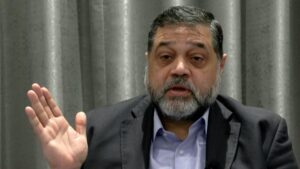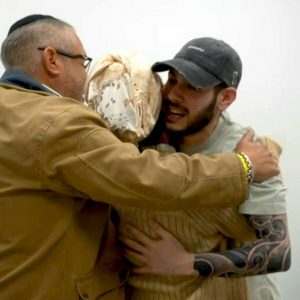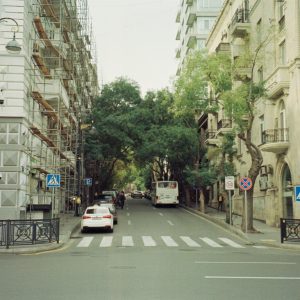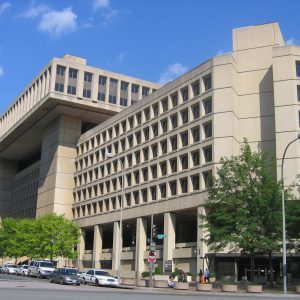Palestinians count costs of Israeli attacks in West Bank
Huwara, Palestinian Territories (AFP):
Palestinians in the occupied West Bank on Monday counted the cost of deadly violence and arson by Israeli settlers in Huwara.
Dozens of Israeli settlers set homes and cars ablaze in the northern town of Huwara overnight Sunday, after a day of Israeli-Palestinian talks in neighbouring Jordan aimed at quelling escalating unrest in the Palestinian territory.
More than 350 Palestinians were injured, most suffering from tear gas inhalation, the Palestinian Red Crescent Society said.
The Palestinian health ministry said Sameh Aqtash, 37, was shot dead during an attack by settlers on the nearby village of Zaatara.
The violence came hours after two Israeli settlers — brothers Yagel Yaniv, 20, and Hallel Yaniv, 22 — were shot dead as they drove through Huwara.
On Monday, an AFP photographer saw damaged homes blackened by fire, long lines of charred cars, burned trees and smashed windows in the town.
Wajeh Odeh, a member of the town’s council, said 30 houses were burned and damaged, with more than 100 cars torched.
An Israeli military official said 300 to 400 people went to the area for “revenge” and described the violence as “actions of terror”.
“(We are) trying to de-escalate and keep the two sides apart in this very, very hard situation that we are in,” the official told journalists.
Abdel Moneim Aqtash said he and his brother were standing outside a blacksmith’s workshop when Israeli settlers attacked them.
“They left the area and then came back with the occupation (Israeli) army… The army shot my brother, not the settlers,” he said.
The military told AFP that Aqtash “was not shot by an Israeli soldier”.
‘A pogrom’
Palestinian president Mahmud Abbas’s office accused Israel of “protecting terrorist acts perpetrated by settlers” in the West Bank.
Hamas, the resistance group which rules the Gaza Strip, called on Palestinians “to defend the city of Nablus”.
The Huwara attack amounted to “a pogrom”, Israeli rights groups BTselem and Peace Now said.
Sunday’s violence came the same day as talks in Jordan where Israeli and Palestinian officials reaffirmed “the need to commit to de-escalation on the ground”.
Tor Wennesland, the United Nations Middle East peace envoy, said Monday he was “gravely concerned by the deteriorating security situation” in the West Bank, which Israel has occupied since the 1967 Six-Day War.
In Burin, close to Huwara, village council head Ibrahim Omran said residents experienced “a real battlefield”.
“Even the sheep were not spared from the brutality of the extremist settlers,” he said, explaining that two sheep were stabbed to death, while homes, cars and a school room were set ablaze.
‘We want security’
The surge in violence continued when gunfire killed an Israeli-American man near Jericho, an attack the army blamed on suspected Palestinian attackers.
Yoav Gallant, defence minister in Israeli Prime Minister Benjamin Netanyahu’s new right-wing coalition government, said he expected “difficult days ahead” and had ordered troops to be reinforced.
“With this being said, I call on everyone to restore calm… We cannot allow a situation in which citizens take the law into their (own) hands,” he said.
The search for the gunmen who fired on the two brothers continued, the military official said.
The West Bank is home to about 2.9 million Palestinians as well as an estimated 475,000 Jewish settlers, who live in state-approved settlements considered illegal under international law.
Bezalel Smotrich, Israel’s finance minister and an extreme-right settler who lives near Nablus, was among hundreds attending the Yaniv brothers’ funeral in Jerusalem.
“We will continue to build on our land, new neighbourhoods and communities,” he said, referring to West Bank settlements.
Since the start of this year, the Israeli onslaught has claimed the lives of 66 Palestinian adults and children.
The violence follows the deadliest year for Palestinians in the West Bank since at least 2005 under the rightwing regime of Prime Minister Benjamin Netanyahu.










